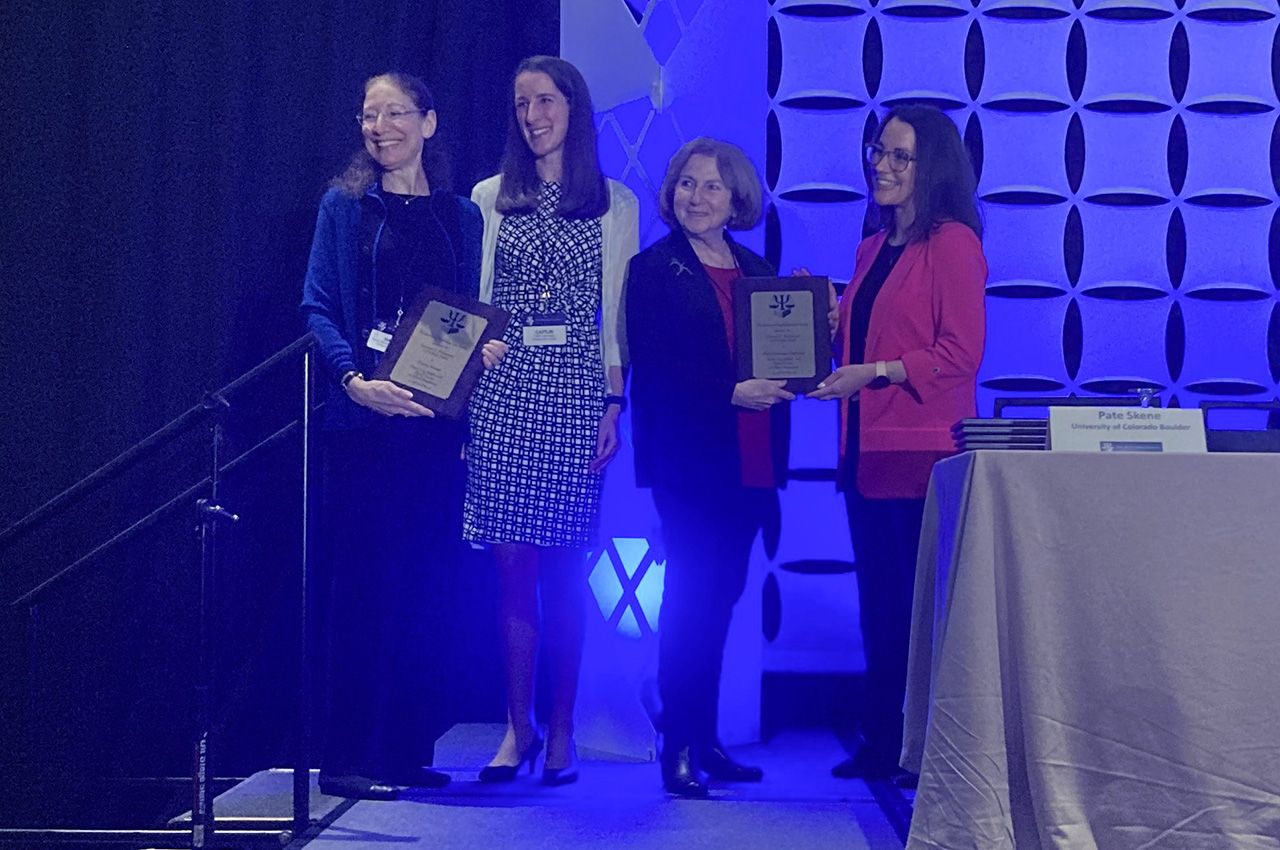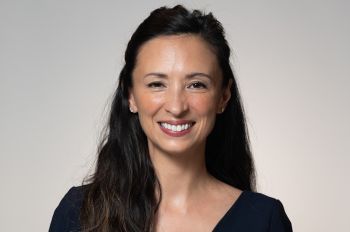Jury Duty: Professor Wins Award for Co-Editing Book on Lay Participation Around the World

“If you ever need conversation at a cocktail party, ask somebody if they’ve served on a jury,” says Chicago-Kent College of Law Professor Nancy Marder. “If they did, they will remember it. They will be happy to tell you about it, and you’ll get a sense of just how important an experience that ended up being.”
Marder’s recent book, co-edited with Sanja Kutnjak Ivković, Shari Seidman Diamond, and Valerie P. Hans, entitled Juries, Mixed Courts, and Lay Judges: A Global Perspective (Cambridge University Press 2021) was awarded the prestigious 2024 Lawrence S. Wrightsman Book Award from the American Psychology-Law Society.
The award is given every other year to an edited book devoted to issues of law and psychology.
“The book award is named for Lawrence S. Wrightsman, a social psychologist, and one of his areas was the jury,” says Marder, who is also the director of the Justice John Paul Stevens Jury Center and co-director of the Institute for Law and Humanities. “When I teach my jury course, I use one of his book chapters and I’ve done this for years. It was very nice to have an award named for him, and that we should get it for a book about the jury.”
Over the course of 16 chapters, 26 contributing authors, most of whom were writing about their own countries, explore the ways that different countries around the world incorporate ordinary citizens into their individual court systems.
“I have a great deal of faith in a jury decision because they’re ordinary citizens,” Marder says. “The lawyers have to be able to present the case in a way that makes sense to ordinary citizens. As jurors, they need to reach a unanimous verdict, at least in serious criminal cases in the United States.”
The book chronicles significant changes in lay participation in criminal court proceedings around the world; the last book on this subject was published in 2000 and there have been many developments since then. Currently, about two-thirds of countries use some form of lay participation.
“Japan used to only use judges,” Marder says, sharing that Japan has recently opened up its system. “They were concerned that their conviction rate was around 98 or 99 percent. That’s not a good thing, because no system is perfect. You want to keep the justice system in touch with ordinary people and not have judges become too isolated, too cloistered, too removed from what happens in everyday life for people.”
Often, the configuration of a country’s judiciary has a lot to do with the country’s culture, as is the case in Norway, which recently moved from a jury system to a mixed court system where professional judges work side-by-side with lay judges to reach a verdict. In many countries, the lay people in a mixed court system can tend to defer to the professionals, but Norway believes that’s not the case for them.
“They were less worried that the professional judges would dominate the lay judges, because they thought, ‘Well, we have a very egalitarian society, so the lay people would be able to stand up to the judges,’” she says.
At the end of the day, learning about so many different systems affirmed Marder’s belief that the jury system is something worth fighting for. She saw that if you don’t fight for it, it can slip right through your fingers.
“In our country we have very few jury trials, and we have fewer in federal courts than state courts, but it’s a very small percentage,” she says. “Americans, if you polled them, would probably think that the right to a jury trial is very important. One of the things those of us who study juries worry about is, if it becomes such a rarity, do you lose it?”
But there’s reason to hope. Marder says that people who serve on juries tend to remember the experience positively, and there are indications that those people may become more civic-minded afterwards, such as by increased voting activity.
“Juries get a bad rap,” she says. “Few people want to serve initially, but then once they do serve, they think more highly of juries and the judiciary, and it’s an experience that stays with them for the rest of their lives.”
Photo: Nancy Marder and Shari Seidman Diamond accept 2024 Lawrence S. Wrightsman Book Award from the American Psychology-Law Society [provided]



